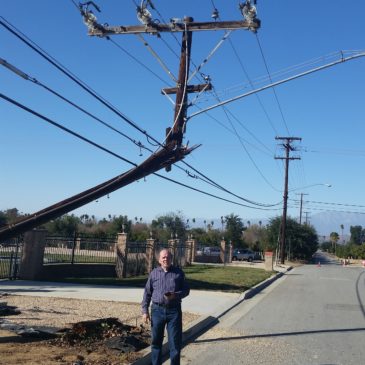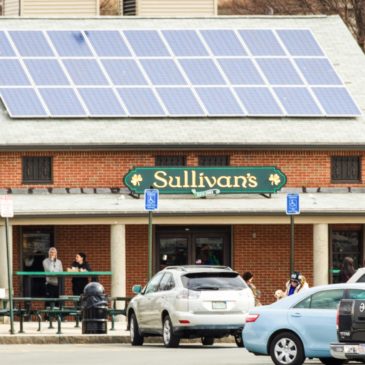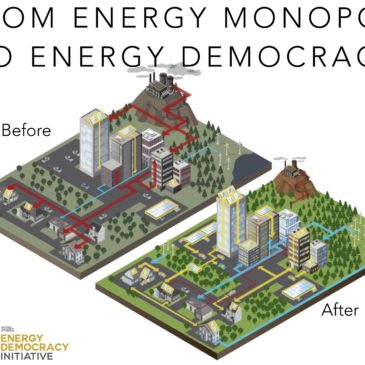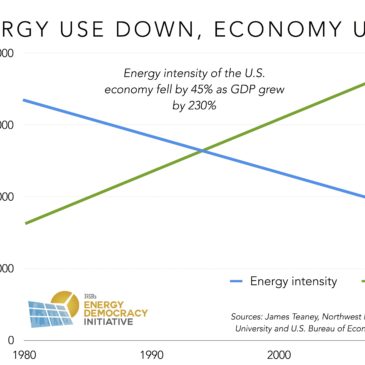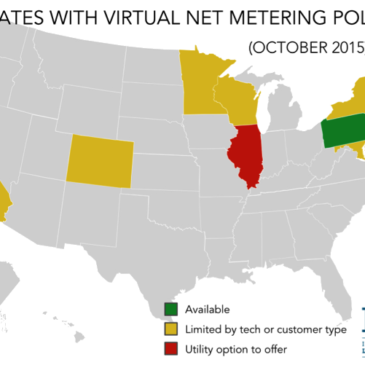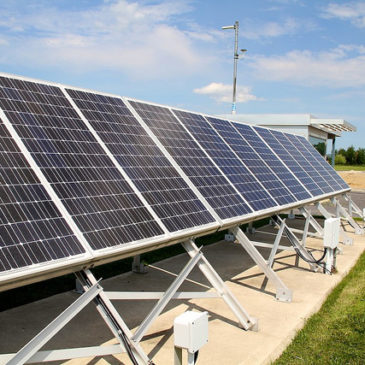Would You Pay 5% More for Local Energy?
In recent months, a raft of cities and states pushed up their renewable energy targets to 50%, 80%, or even 100%. But how will that energy be delivered? Will it be from the top down, by merchant wind and solar power plants? Or from the bottom up, by customers producing their own power? The answer likely … Read More



